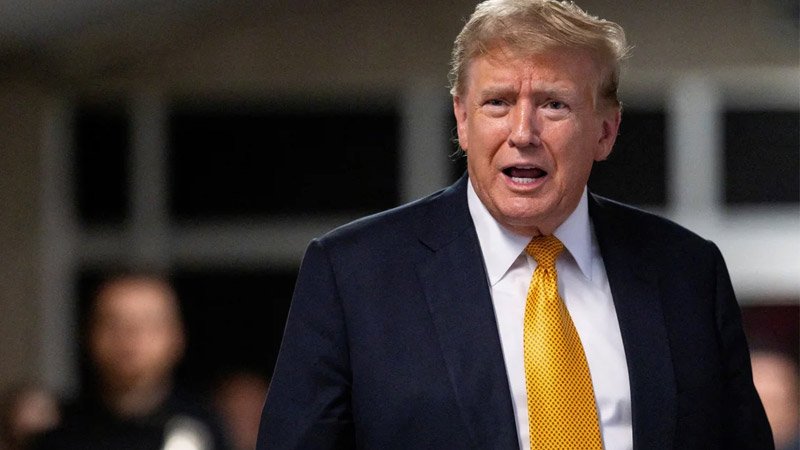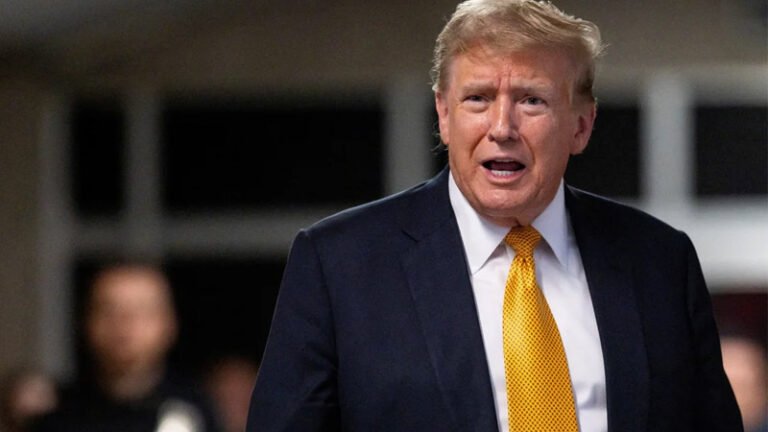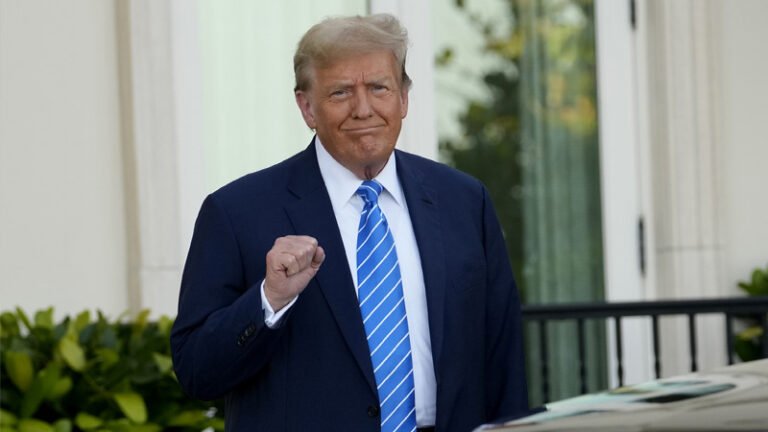
Photo Credit: Getty Images
Looking back at 2004, a time when JLo and Ben Affleck had just parted ways and Donald Trump was a prominent businessman rather than a political figure, producers of The Apprentice are now sharing insights from their experience.
Their reflections, featured in The New York Times‘ book Lucky Loser: How Donald Trump Squandered His Father’s Fortune and Created the Illusion of Success, reveal the contrasts between the public image of Trump and the reality behind the scenes.
In late summer 2003, as producers visited Trump Tower to scout locations for the show, they were taken aback by the reality of Trump’s office. Instead of the opulent environment they anticipated, they encountered a musty smell, outdated decor, and chipped furniture that suggested neglect.
Producer Bill Pruitt expressed his surprise, saying, “When you go into the office and you’re hearing ‘billionaire,’ you don’t expect to see chipped furniture or smell carpet that needs refreshing in the worst way.” The office atmosphere was equally underwhelming, with fewer than 50 employees present.
Trump’s desk reportedly displayed only news articles about himself, leading producer Jonathon Braun to reflect on their role: “We were tasked with making him look legitimate, even though we knew there wasn’t much substance behind it.” Braun emphasized that their job was to craft an entertainment image rather than document reality. told by Unilad.
To enhance Trump’s public persona, producer Mark Burnett rented a vacant space in Trump Tower for $440,000 annually and hired a set designer to create a boardroom that fit the show’s business theme. Their efforts contributed to The Apprentice’s success, establishing it as a hit and shaping Trump’s television image for years to come.





